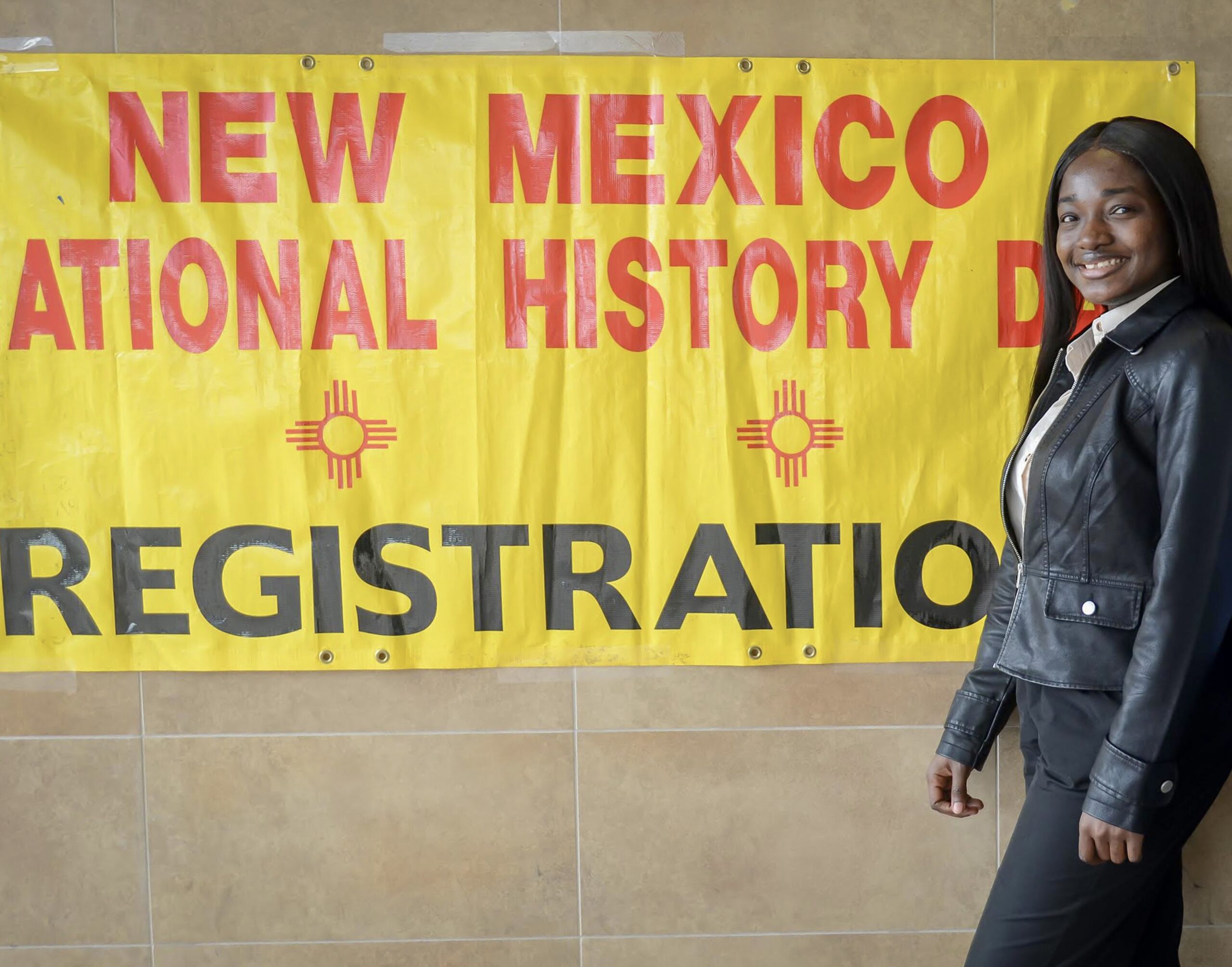Having had the opportunity to serve as a judge for both the Central regional and State contests for National History Day, I have gained some valuable insights on how comparison affects our perceptions and judgments.
One fundamental rule stood out to me as a judge amidst the excitement of evaluating projects. The directive to assess each entry against the rubric, independent of others. In the words of the coordinator, “treat each project individually and judge against the rubric only, not against others.”
We had to stick to the rubric, which is basically a set of guidelines for what makes a good historical context project.
It got me thinking: how often do we compare ourselves to others in our everyday lives? Whether it’s at school, work, or just scrolling through social media, comparison often rears its head, nudging us to measure our achievements against those of others.
In this context, the rubric serves as a guiding framework, outlining the specific parameters by which each project is to be evaluated. Rather than subscribing to the temptation of comparing entries against each other, judges are tasked with appraising them against objective standards of excellence.
This notion advances a deeper understanding of the unique contributions and distinctions inherent in each project, irrespective of external references.
The lesson extends beyond the confines of historical inquiry, offering insights into the broader implications of comparison in various facets of life. Whether in academic pursuits, professional endeavors, or personal growth, the tendency to compare ourselves to others can conceal our individuality and diminish our intrinsic value.
By embracing the principle of evaluating against the rubric, we are reminded of the importance of staying true to our own paths and aspirations. Rather than striving to emulate others or conform to external standards of success, we are encouraged to cultivate our distinctive strengths and pursue our unique objectives with clarity and conviction.
So, next time you catch yourself comparing, remember the lesson from National History Day: stick to your own rubric. Focus on your own goals and what makes you awesome, instead of worrying about how you measure up to someone else.
Let’s celebrate our individuality and cheer each other on as we each rock our own rubrics! 🚀
when we focus too much on comparing, we lose sight of what makes us unique. Just like each project at National History Day had its own story to tell, each of us has our own path to follow.
Abena Smiling
I would love to hear from you! Two questions to keep the conversation going:
- What would you say is your personal rubric when it comes to school, work, or other areas of your life?
- How have you dealt with comparison in the past?
Let’s share our experiences and learn from each other.

